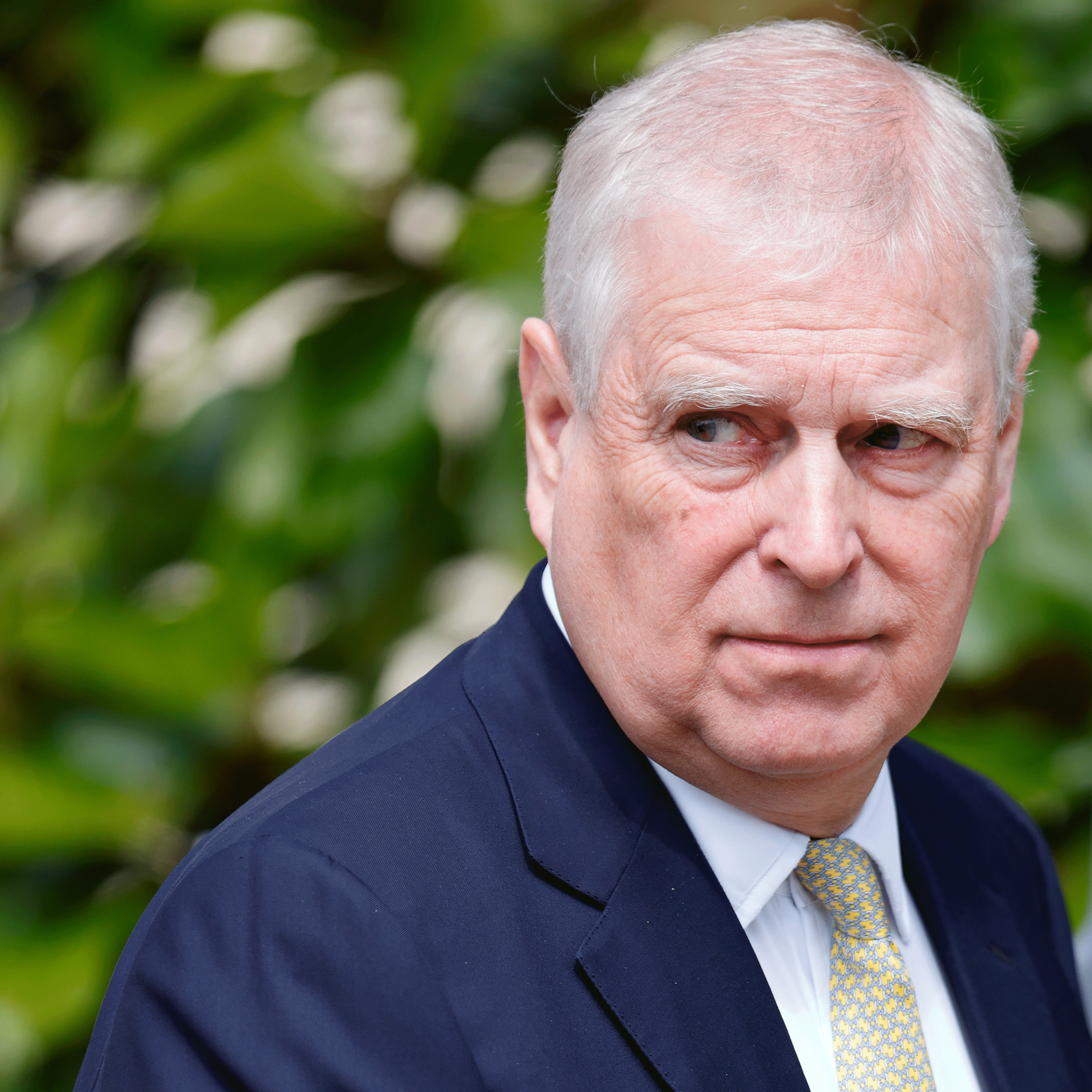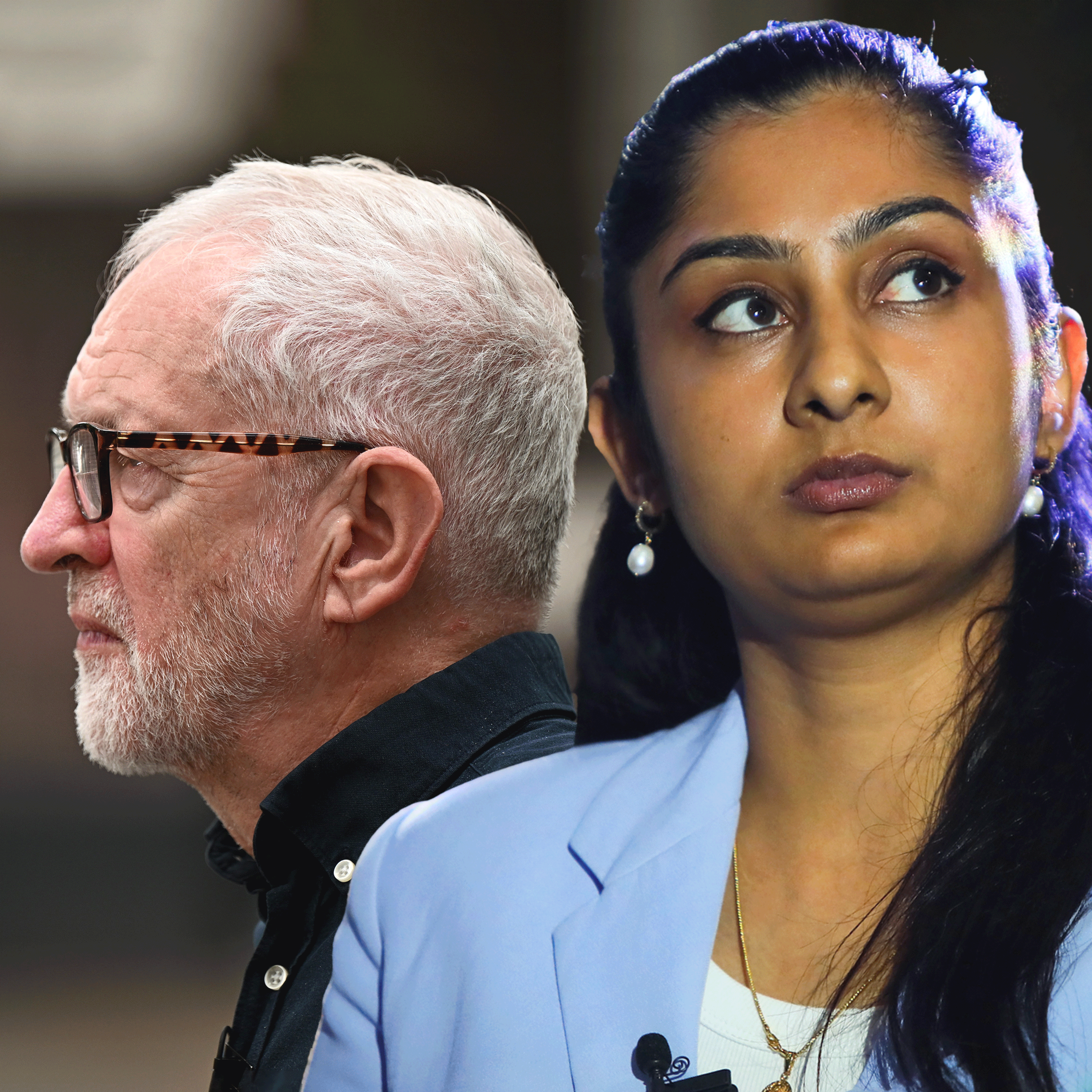122: Labour's Freebies and The End of the Peers Show
The team discuss why Keir Starmer should have gone to Specsavers; why the 92 hereditary members of the House of Lords might not be there much longer; and who will win the Murdoch succession battle playing out in a Nevada courtroom.
Press play and read along
Transcript
Transcript is processing—check back soon.
Page 94: The Private Eye Podcast — 122: Labour's Freebies and The End of the Peers Show





